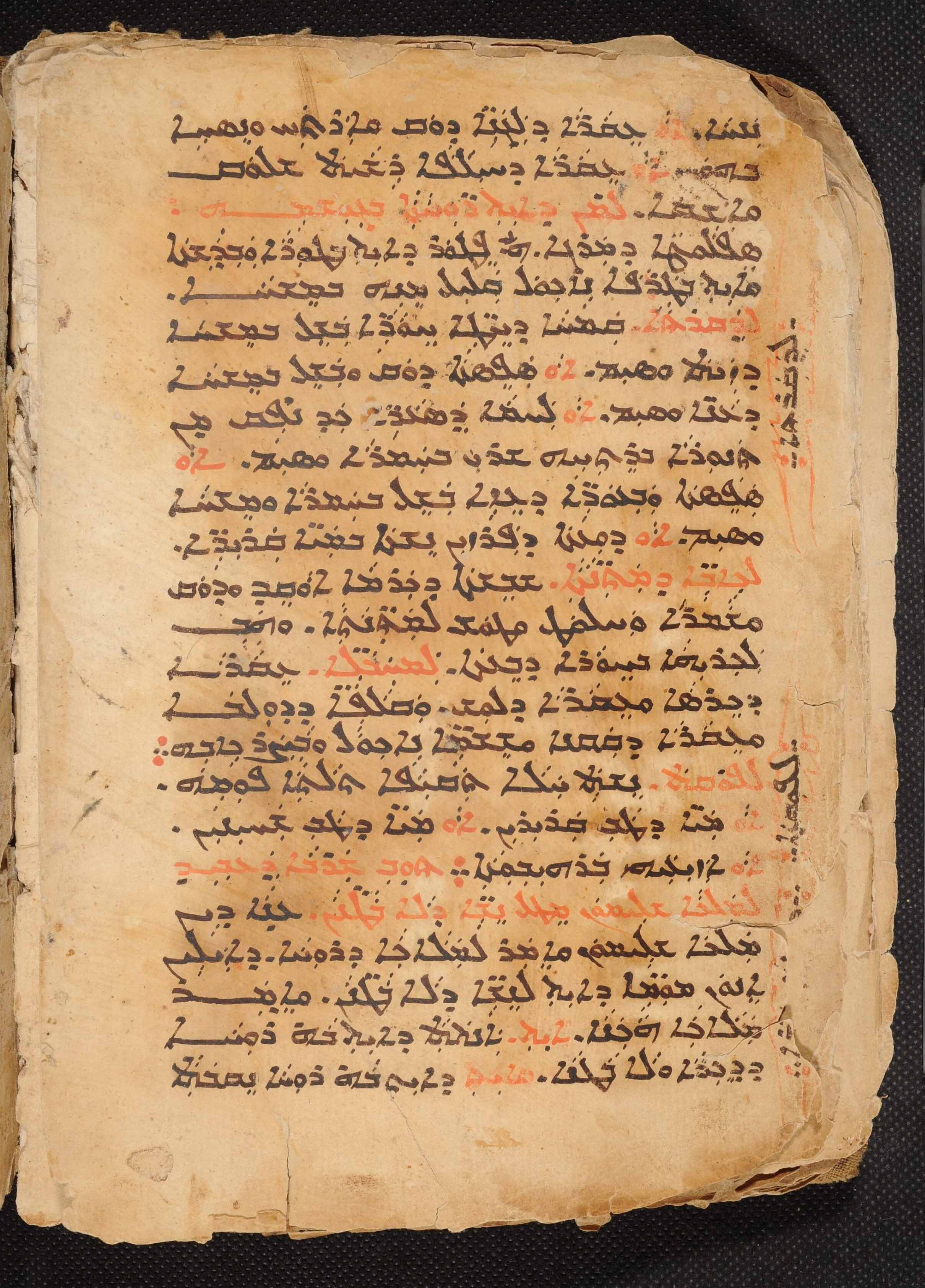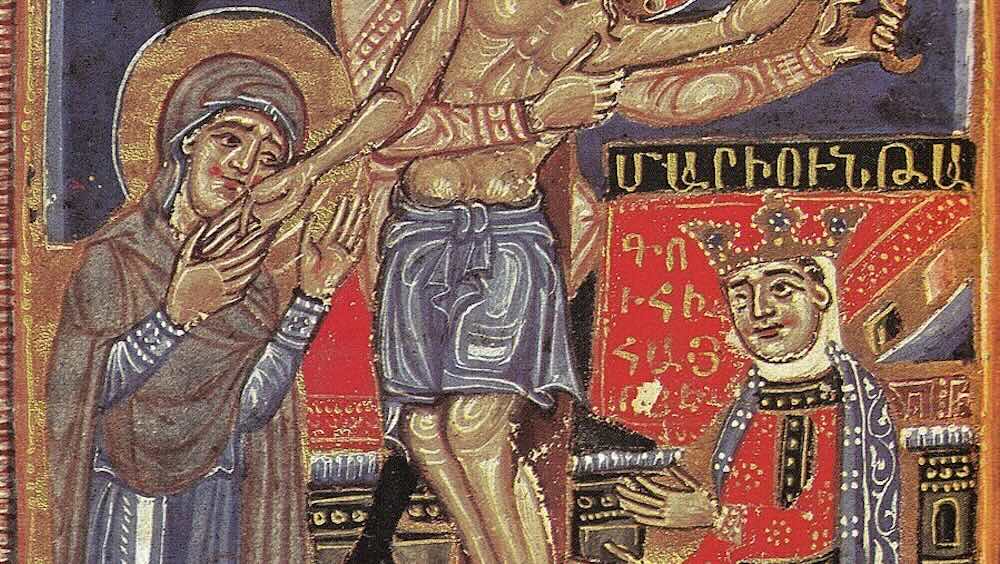Postscript — King Solomon The Gynecologist, A Forgotten Tale From The Syriac Book Of Medicines
Postscript — King Solomon the Gynecologist, a Forgotten Tale From the Syriac Book of Medicines
June 30, 2022The Syriac Book of Medicines is a fascinating compendium of medical lore from the region of modern-day Iraq. This work is attested in several manuscripts digitized by HMML, including QACCT 00149 (dated 1803 CE), DFM 00417 (dated 1883 CE), and CSDMA 00010 (containing two distinct manuscripts, both undated). Recently, at HMML we identified an even earlier witness to this text in PLKI HD 00001 (dated 1796 CE), part of the private library of Hurmuz Dībātū in Kandā Kūsā, Iraq.

The first section of PLKI HD 00001 is a collection of remedies for various ailments. Chapter two is a glossary of drug names—this usually appears at the end of other manuscripts of the Book of Medicines. Chapter three, a treatise on therapeutic medicine according to Galenic principles, appears after the glossary. The section on astrology that appears in some manuscripts of the Book of Medicines is absent from PLKI HD 00001, perhaps torn out.
Like other traditional medical works from the Middle East, the Book of Medicines combines medicinal information (herbal remedies, compounds, etc.) with supernatural elements.
One such example—found in PLKI HD 00001, DFM 00417, and CSDMA 00010, but not otherwise known—addresses issues of conceiving children and prescribes remedies for infertility, all framed as a story about King Solomon. The story is only partly extant in PLKI HD 00001, but the other two manuscripts supply the missing portion. The story begins with the king seeking knowledge from an angel:
“Then King Solomon answered and said to the angel of the Spirit, ‘What are the infirmities that women who do not conceive have?’ Thus said the angel: ‘There is one kind of woman in whom there is a male spirit; she does not conceive. There is another kind in whom there is a female spirit; she does not conceive. There is another kind who has a binding spell placed on her by magic; she does not conceive. There is another whose womb is turning over; she does not conceive. There is another kind in whom are the spirits of many women; she does not conceive. And there is another kind in whom is greenish urine; she does not conceive.’”
(CSDMA 00010, folios 44v–45r)
The angel goes on to explain how to recognize the various types of infirmities and how to treat them using animal and plant products.
This tale, nearly lost to the hazards of time, gives valuable insight into perceptions of medical issues in pre-modern societies and the perpetual story of challenges related to childbirth.




